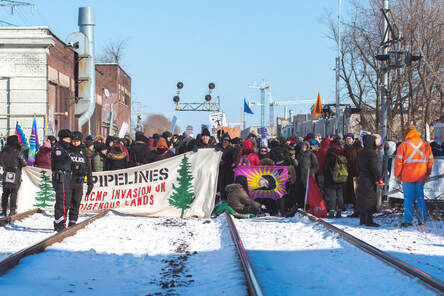Rock! Paper! Scissors!
Tools for anarchist + Christian thought and action
Vol 2. No. 2
The Earth, Ecology, and the End of an Age
The Earth, Ecology, and the End of an Age
Guest editor: Morning Wilder


 RSS Feed
RSS Feed